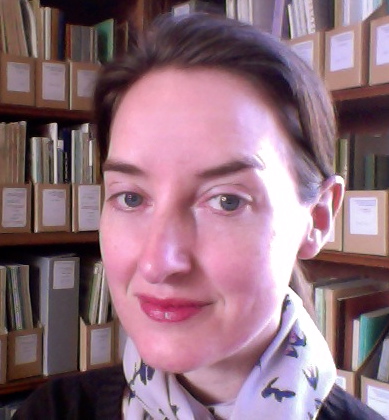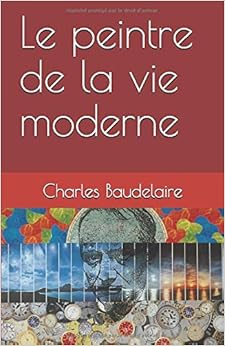FR362 The City of Paris and the Modern Imagination
| Module Code: FR362 |
|---|
| Module Name: Paris and the Modern Imagination |
| Module Coordinator: Dr Susannah Wilson |
| Term 2 |
| Module Credits: 15 |

Module Description
Paris is arguably the city of modernity. For two centuries it has been the site of innovative architecture and planning which seeks to be at the cutting edge internationally. As well as being a prime example of the creative aspects of modernity, Paris at the same time exemplifies modernity’s ruthlessness and destruction, as traditional ways of life are swept aside, and as individuals become victims of the greater and grander plan. Paris is thus a place of hardship and crisis as well as confidence and beauty, but it is also a place that brings together disparate groups of people. This module will allow us to explore cultural representations of the city produced by artists and writers with ambition and breadth. We look at the nineteenth and twentieth centuries as a period of great political change and modernisation, focusing in on some key images associated with Paris in the modern era: the idea of the 'flâneur' and walking the city; key landmarks like Haussmann's grand boulevards and the Eiffel Tower; the expansion and representation of the city and modernisation of public transportation. The module approaches the city of Paris through the lens of art and literature but will also be interdisciplinary, covering developments in socio-economics; architecture and planning; history; politics; art; music; literature; and cultural events. This ambitious module moves at a fast pace, with a strong emphasis on seminar discussion and individual research skills in the assessments.

Primary Texts
-
Charles Baudelaire, Le Peintre de la vie moderne, 1863. Mille et une nuits edition.*
-
Guy de Maupassant, Bel-Ami, 1885. Folio edition. (Scanned excerpts provided from the French but please read an English translation in full before term starts).
- Colette, Gigi, 1944. Poche edition.*
- Ernest Hemingway, A Moveable Feast, 1964. Arrow Books edition.*
- James Baldwin, Notes of a Native Son, 1955. Penguin edition.* (We read Part III, on Americans in Paris).
Note on the texts:
Some of the earlier texts studied were written during the twentieth century and are therefore products of their time. While not a major focus of the course, it should be noted that some of the texts (Hemingway and Baldwin) contain language relating to race/ethnicity and sexuality that most readers will consider dated and some might find offensive. This language/terminology will be contextualised but students should be aware that any excerpts from the texts may be discussed in class and used in lectures.
Note on the purchase of texts:
Some of the course texts are available as ebooks in the library.
I will do my best to make as much as possible available via scanned excerpts or using accessible online platforms such as Project Gutenberg. There are also many cost-effective options, such as buying e-books or second-hand copies of the texts. Although some texts are available on platforms such as Internet Archive access can be unreliable and it is difficult to read a whole book online, so where possible it is recommended to obtain hard copies of the books. You can use any good edition but bear in mind that in lectures I will refer to page numbers in the editions above.
You will however need to buy copies of texts above marked with an asterisk*: Baudelaire, Colette, Hemingway, Baldwin. They are inexpensive and prices for Kindle/ebook editions and second-hand copies are between £1 and £6.
There will be a limited number of library copies of the texts available.
It is your responsibility to ensure that you have your own copy of each text available to analyse in class.
Mode of Delivery:
In 2024-25 the module will be delivered in person. Each week there will be a lecture followed by a seminar. The format may vary from week to week but generally there is a 50-minute lecture followed by a short break, then a 50-minute seminar. Some weeks are designated workshops devoted to library skills/research and essay planning/close reading methodology. As a rule of thumb you will be expected to read 50-100 pages of the set texts each week and some secondary literature.
Assessment Method:
Seminar attendance and participation: 10%
Article critique (800-1000 words): 20%
A focused critique of a piece of secondary criticism (a journal article or a book chapter) about one of the set texts.
Reflective essay (2250-2500 words): 70%
A reflective essay comparing two of the course texts in the light of a theoretical article/chapter set for secondary reading. Students are required to demonstrate independent thought, critical engagement, and a convincing level of personal response to the course materials.





